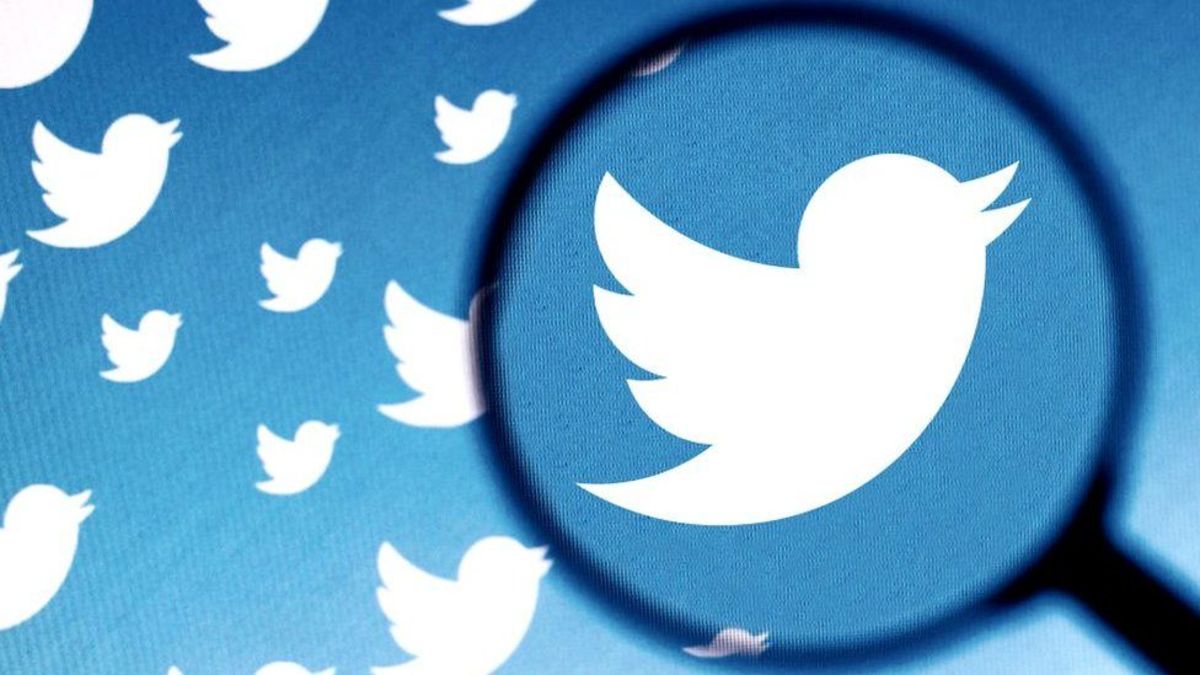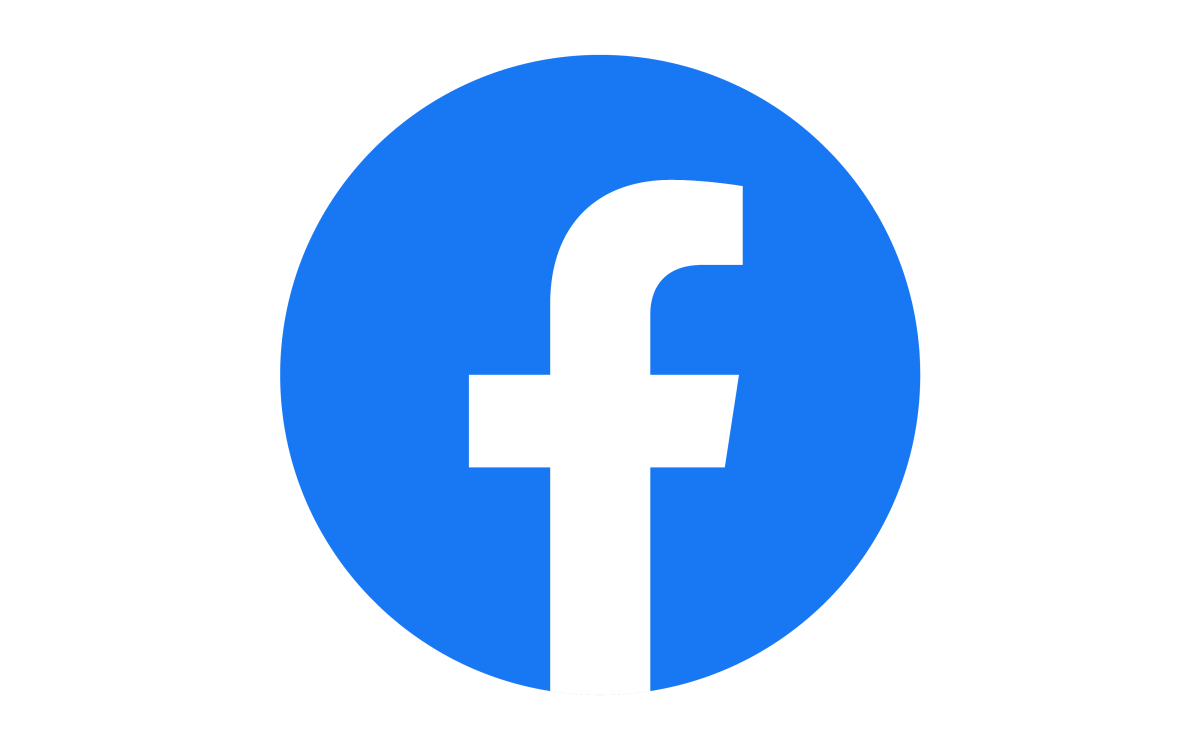With multi-topic discussions running concurrently on the platform, Twitter has since become a conglomeration of general and special-interest communities, playing a significant role in information sharing and social awareness.
Why Use Twitter
Today, Twitter is much more than a social platform. Its multitude of users has created one of the best environments to interact with different personalities and often results in thoughtful and constructive discussions. The website has served to raise awareness of critical political, social, and other topics as well as “humanizing” previously distant entities such as government agencies, military, politicians, among other personalities. Because it is free and easy to use, Twitter attracts users of diverse technical abilities, educational backgrounds, and professions. It has therefore become one of the leading social platforms for world leaders, journalists, and other entities crucial to the flow of information.
6 Alternatives to Twitter
Given the integral position of Twitter in society and our individual lives, it’s no surprise that the following alternatives to Twitter are just as influential. Here are the six best sites like Twitter.
1. Facebook
Facebook is one of the biggest, most visited websites in the world. Facebook has more than 2.8 billion registered active users, with more than half of those users visiting the social media website every day. With such massive numbers, Facebook is an incredibly valuable component of society and has grown accordingly to fit into more spheres of our regular lives. For example, the original Facebook platform offers one of the best community experiences of all social media platforms, allowing users to make new friends, communicate ideas, and hold discussions, as well as organize and promote shared interests across different causes. By contrast, Facebook Messenger is a specialty text and photo communication and messaging service. It offers all the standard features of other major messaging platforms and apps while incorporating one’s Facebook activity with ease. The company also has Facebook Live to power video calls and live streaming, key elements of our lives today. Of the other additional features, the Facebook Marketplace is an essential ecosystem for users to buy and sell products and services, while Facebook Jobs is a free platform that connects job seekers and employers.
Facebook Pros
Free and easy to use Quality communication for community-building Increases social connectivity Faster, easier communication for small businesses Supports small business advertising Supports personal branding
Facebook Cons
Lax data security Consumes a lot of people’s time Restricts freedom of expression through censorship Invasive ad practices
2. Pinterest
Compared to Twitter, Pinterest is a very different social media platform. The website, which boasts nearly half a billion registered monthly active users worldwide, fosters communities around its pinboards, with a board always made up of images within a specific category. For instance, Pinterest groups all the pinned fashion images in a single board, with users interested in fashion now able to find related photos easily. The website then recommends these pinned photos, images, and graphics to people with similar interests, as well as to other boards with closely related content. While text and video content are scarce on Pinterest, the platform serves much the same functions as Twitter. Like its other social media alternative, Pinterest fosters the building of communities, supports business advertising across the platform, and instigates conversations.
Pinterest Pros
Easy to drive traffic to external sites Followers don’t have to follow everything a user does Easy to share published information Leaving comments is optional Pinterest boards are accessible to all users
Pinterest Cons
Attracts specialty traffic suitable to specific audiences Needs high-quality images to build a following Prone to copyright infringement via the shared images Less useful for marketers or tangible business metrics Most boards are not business orientated.
3. Linkedln
LinkedIn is a niche social media site specializing in professional connections between individuals and organizations with hundreds of millions of registered users across 200 countries and territories. Like most other social media platforms, LinkedIn receives the majority of its traffic from mobile devices. LinkedIn is very important for its business and career users. It is a key resource in the recruitment process for 77 percent of companies in the world, spanning over 24 different languages. Similarly, LinkedIn is a prominent global job board, accounting for over 15 percent of all remote jobs in the United States. As the LinkedIn Marketing Solutions feature allows advertisers to “reach people ready to buy,” the role of LinkedIn in professional circles is bound to rise even further. In this case, it would be foolhardy of ardent social media users not to make use of both LinkedIn and Twitter.
LinkedIn Pros
Helps businesses improve SEO profile Offers a cheaper path to networking Easy to monitor and keep up with an industry Easy access to demographic data for a target market Allows users to share their niche expertise Easy for users to establish credibility Better visibility for individuals and businesses
LinkedIn Cons
Spam connections are rampant Costly to advertise your business on the platform Lots of inactive individual and business profiles Privacy of user data not guaranteed The premium plan is very costly
4. Instagram
Instagram is owned by Meta and has over a billion registered users—making Instagram one of the biggest social media companies in the world. Unlike Twitter, however, Instagram is a weak proponent in building social communities, with most users organized at a personal level. On the flip side, such personalized audiences make Instagram the ideal platform for influencer marketing. According to Hubspot, Instagram is the world-leading social media platform for brand building, brand awareness, and new product launches. The social media platform has also built tools to advance its eCommerce capabilities, including professional accounts and a robust ad management engine.
Instagram Pros
Can extend personal and business reach Connects fans, brands, and celebrities Multiple tools for higher success chances Easy to build engagement Lots of marketing opportunities
Instagram Cons
Experiences a large number of unfollows Tough to build a following Full of controversy Expensive to advertise your business
5. Meetup
Meetup is a social website and app that enables its tens of millions of individual users to set up a meet with individuals or groups of people. However, while it is free to sign up and use Meetup for individuals and one-to-one get-togethers, the website charges a fee to organize group events. Meetup customers are spread widely across the world, enjoying a global reach of about 190 countries. However, the company is especially popular in the United States, with major cities such as New York, San Francisco, and Chicago leading in both user count and the largest group events ever organized. Through Meetup, users can organize both in-person and virtual group events, with the platform facilitating the meeting up of like-minded people who share common interests. While one-on-one get-togethers are also possible, Meetup is now the leading solution to organizing group events and is used by some of the biggest corporations around the world.
Meetup Pros
Meet like-minded people and make new friends Reach attendance numbers for activities and events Provides a safe environment to meet new people Has a free version for starters
Meetup Cons
Prevailing safety concerns as most users are strangers The threat of potential inadvertent costs The premium plan is very expensive
6. TikTok
TikTok is a video-only social networking platform that hosts millions of short-form videos across genres. The app is popular among its more than one billion users for its pranks, stunts, dances, jokes, and more, all organized in shorter videos than was previously accustomed to by internet users. TikTok lets users upload short-form videos for free but has in-built video editing tools such as filters and after-effects to improve video quality and feel. Users can also like and comment on videos, while off-platform sharing is also enabled.
TikTok Pros
Free access to billions of users Easy to reach new markets Mobile-first approach Fosters original content creation Reach young audience Easier brand-influencer collaboration
Tiktok Cons
Frenetic app with videos on autoplay Aggressive video recommendations Too many viral challenges Data security concerns
Did I miss out on any other good Twitter alternatives? Let me know in the comments section. © 2022 Rahul Pandey






